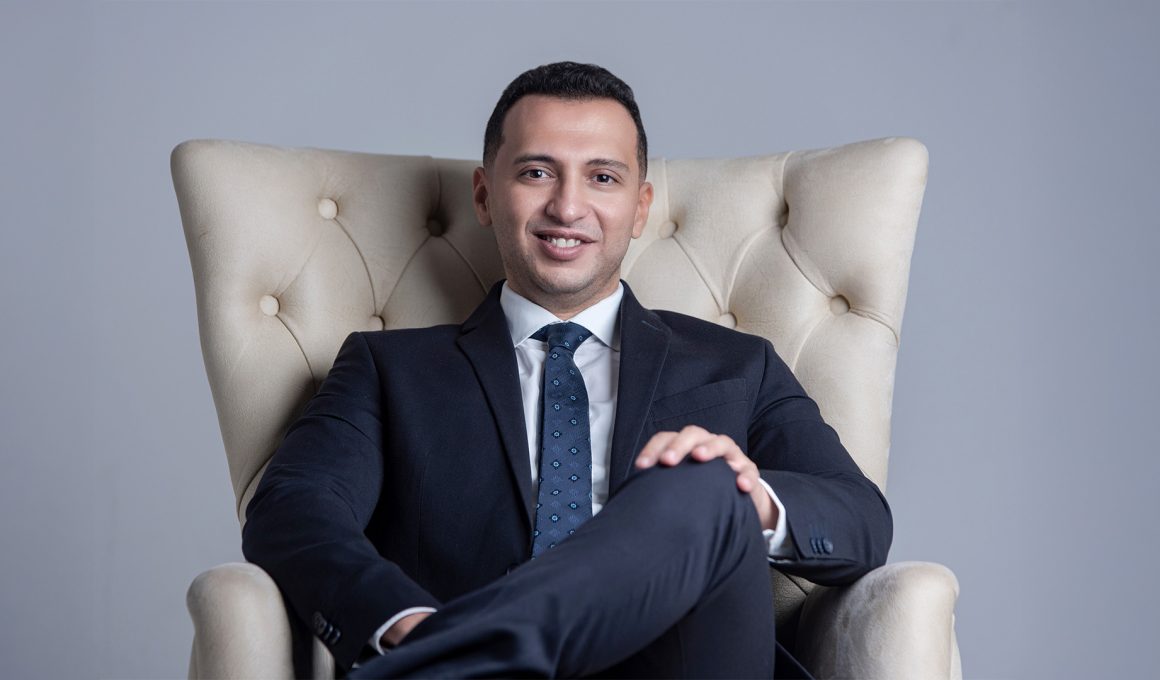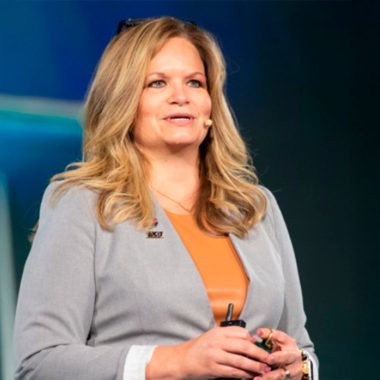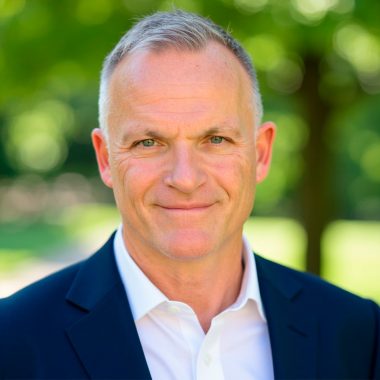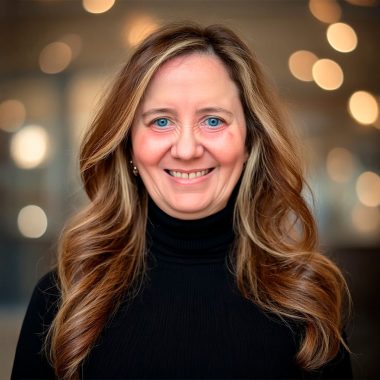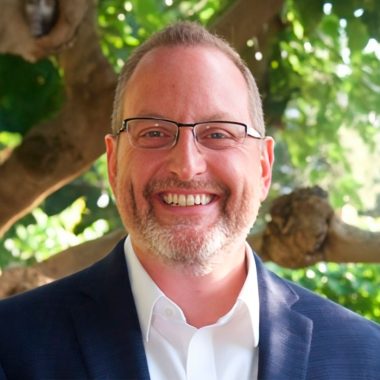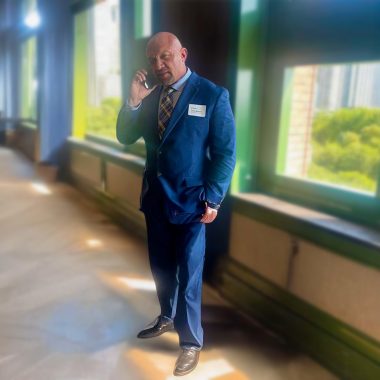The specialty chemicals industry is under growing pressure to balance profitability with environmental responsibility. Companies around the world are searching for sustainable solutions that deliver performance without driving up costs. Rafik Zahy, who has scaled chemical businesses in more than 20 countries, offers a distinctive perspective on how to achieve that balance. His experience navigating diverse regulatory systems and cultural contexts gives him a valuable lens on how the industry can evolve toward greener, more sustainable practices.
Defining Sustainable Growth in Chemicals
Ask Zahy about sustainable growth in specialty chemicals and he gets straight to the point. “It is about how the production of chemicals contributes to the environment. It should align with the worldwide movement toward green chemicals,” he explains. This is not just environmental idealism. Real business pressures are accelerating the shift. “Every company that uses chemicals is keen about being sustainable in the chemicals that they are using,” he notes. “So it is very essential that they come from green sources.” The demand is no longer theoretical. Customers are actively seeking sustainable alternatives, and companies that fail to adapt risk being left behind.
When Zahy discusses entering new specialty chemical markets, he emphasizes preparation above all else. “At first, you do your homework on what this market looks for in terms of the chemicals you want to introduce,” he says. “So you study the industry first. What is the industry, how big is it, what competition exists locally, if any.” But research alone is not enough. Companies must bring more to the table than just chemicals. “You position yourself in the market not only as a chemical provider but as a technical solution for the customer—maybe a more sustainable or efficient solution in terms of energy,” he explains. “Sometimes the chemicals provided can save significant energy and manpower, which creates cost savings on the customer side.”
Exploring Opportunities in Emerging Markets
While many chemical companies concentrate on established markets, Zahy sees significant potential elsewhere. “The opportunity lies in emerging markets across Africa and the Middle East. Unlike Europe, which is very mature in the chemical industry and saturated similar to the United States, the Middle East and Africa represent a very young market in terms of investment,” he explains. The economics are compelling. “The manpower and labor wages here are significantly lower compared to Europe. Energy and everything that is costly on the European or U.S. side is much cheaper in Africa and the Middle East,” Zahy says. Still, the region faces important challenges. “We need to bring the chemicals produced in the Middle East and Africa to the level of international standards to be competitive with European products, so they are not seen as second-grade alternatives,” he admits. “We need substantial technological transfer. That is one of the challenges because we do not have this know-how.”
Adapting Strategy to Local Conditions
Having a global strategy looks good on paper, but making it work in each country is where the real complexity begins. “When you examine the specific details of each country you want to penetrate, you have to adapt because the laws vary by region. The importation rules vary. The taxation structures vary,” Zahy explains. Current world events make this even trickier. “Taxes have a big impact. Sometimes countries create barriers to importation by imposing high taxes on imported goods,” he says. “And given the geopolitical issues we are witnessing worldwide every day, this also has to be taken into consideration.”
Zahy’s personal philosophy comes down to persistence and curiosity. “Never abandon yourself or your aspirations,” he says. This mindset has shaped the way he approaches new markets and challenges. “It is always good to learn and adapt to other cultures and regions, and to see how they adjust to conditions so you can gain from that experience.” That same learning approach guides his current work. “It is always in my mind when I am talking to other regions in my current company, so I observe how they conduct business,” he explains. “It is always good to have a vision for yourself. Consider what you can do next.”
For companies looking to build sustainable growth in specialty chemicals, Zahy’s experience shows that the path forward requires more than innovation. It combines environmental responsibility with smart market-entry strategies and a willingness to adapt locally.
Connect with Rafik Zahy on LinkedIn to learn more about sustainable chemical growth strategies.
